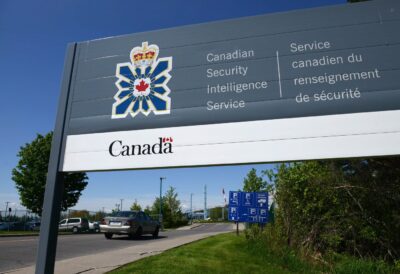A newly released watchdog report has raised serious concerns over the abrupt halt of a covert intelligence operation, revealing that the decision placed members of the Canadian Security Intelligence Service (CSIS) in unnecessary danger. The National Security and Intelligence Review Agency (NSIRA)—Canada’s oversight body for intelligence activities—outlined a troubling sequence of events where poor coordination and last-minute decisions compromised the safety of field operatives.
According to the report, the operation in question was an overseas espionage mission targeting foreign actors deemed a threat to Canadian national security. The mission had been greenlit through standard protocols and was already underway when senior officials ordered it to be paused. The sudden interruption left CSIS officers exposed in a hostile environment without adequate contingency support.
The NSIRA investigation, which reviewed classified documents and interviewed multiple officials, concluded that the mission’s suspension created “unacceptable operational risks” for the deployed personnel. While the exact location and nature of the operation remain classified for security reasons, the report emphasizes that “preventable danger was introduced by the lack of coordination between CSIS leadership and decision-makers within the federal government.”
> “The decision to pause the operation was made without full situational awareness and without proper consultation with those responsible for the safety of personnel on the ground,” the report states.
The watchdog’s findings have triggered fresh debate about oversight, inter-agency communication, and the chain of command when it comes to Canada’s intelligence-gathering abroad. NSIRA emphasized that while oversight and accountability are critical, intelligence agencies must also be allowed the operational latitude to manage real-time threats effectively.
The report also notes that CSIS operatives followed all established procedures and acted professionally under pressure, but were hindered by the abrupt change in directives. Fortunately, no injuries or fatalities occurred, but the situation was described as “high-risk” and “avoidable.”
In response to the findings, Public Safety Minister Dominic LeBlanc said the government takes the concerns raised by NSIRA seriously and is reviewing internal protocols to prevent a recurrence.
> “The safety of our intelligence personnel is non-negotiable,” LeBlanc said in a statement. “We are committed to implementing all necessary safeguards to ensure our national security operations are conducted effectively and responsibly.”
CSIS, while maintaining operational silence on the mission itself, issued a rare public comment acknowledging the risks faced by its officers and affirming its commitment to ongoing improvements in field safety and coordination with government partners.
This incident comes at a time of growing scrutiny over the transparency and governance of Canada’s intelligence services, especially following controversies involving foreign interference, cyber espionage, and covert operations abroad. The government has pledged greater accountability through legislative reforms and more robust oversight mechanisms.
Security experts warn that while oversight is crucial in a democratic society, operational interference—especially at critical moments—can undermine missions, jeopardize personnel, and damage Canada’s credibility on the global intelligence stage.
As tensions rise in global geopolitics and threats become more complex, the delicate balance between oversight and operational autonomy is now front and center in Canada’s evolving national security strategy.
Swifteradio.com


